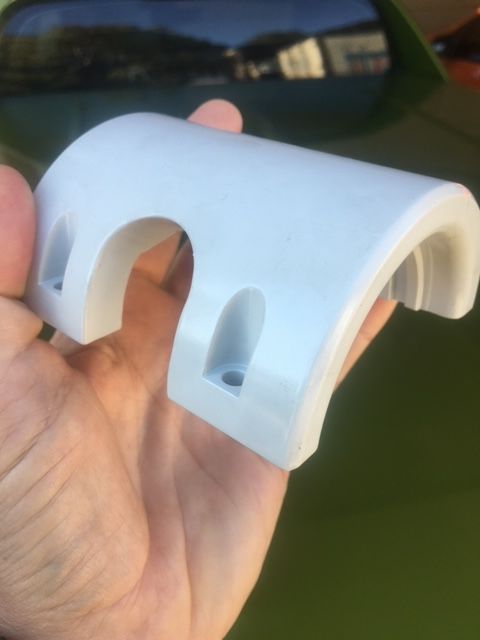This is a rather bold headline. After all, there is a lot that goes into plastic machining, so believing that you will understand everything about this industry and process in one post is a little naïve. However, the goal here is to teach you some important principles related to plastic machining that can help you to better understand this industry and its processes.
A Big Industry
One of the first things to learn is that there are many ways to craft or create plastic parts. As technology has increased, the biggest benefit is that it has made it so that plastic parts are created faster and at a greatly reduced cost. Even very complex pieces are made a lot more efficiently.
The very best plastic machining companies have been able to improve the quality and provide a better product at a greatly reduced price. Companies like Long Engineering have been able to provide products that are built to the required specifications while doing so at a cost that is a small fraction in comparison to where it was even a decade ago.
Two Primary Methods Employed
Regardless of the manufacturer one chooses, what you are going to find is that there are two primary methods that are used to create plastic parts. These are by CNC machining or by conventional manufacturing.
In CNC machining, a computer numerical control (CNC) is used to perform all the tasks related to creating the piece. This eliminates human error, which ensures greater efficiency in production. However, this type of equipment can be quite costly, and many manufacturers are unable to absorb that type of cost.
In conventional manufacturing, there is less computer automation performed. While some of the process may be computerized, a lot of it is still performed by human operators. This can be a little less efficient, but one should also recognize that many of these operators are extremely skilled. One goes through a rigorous process to learn to become a skilled operator in this industry, so some pieces may have slight irregularities, but most are made with the highest quality.
Materials Used
The type of manufacturing process is just a small portion of what goes into plastic machining. There is also the types of materials that are used to create these pieces. Some of these compounds and materials you may be familiar with already, such as PVC, nylon, acrylic, polycarbonate, polypropylene, and polyethylene. These are names you may have heard in relation to products are ready. However, there are also other manufacturing materials that can be used, such as Rulon, Tefzel, Ultem, Kynar, and quite a few more.
Before deciding on the material you wish for your project, talk with the manufacturer about the different types of materials. You may find that one is more durable or cost-effective for your needs.
Inspection
One of the most important aspects involved in plastic machining is the inspection. Whether a company is using conventional manufacturing techniques or CNC, they are going to take pride in delivering a product that meets your needs. Therefore, you can be sure that a rigorous inspection is going to be conducted on your products.
While this is not everything related to plastic machining, you do have a comprehensive idea about this industry now. If you want to find out more about a product you are wishing to be crafted, contact us today.
